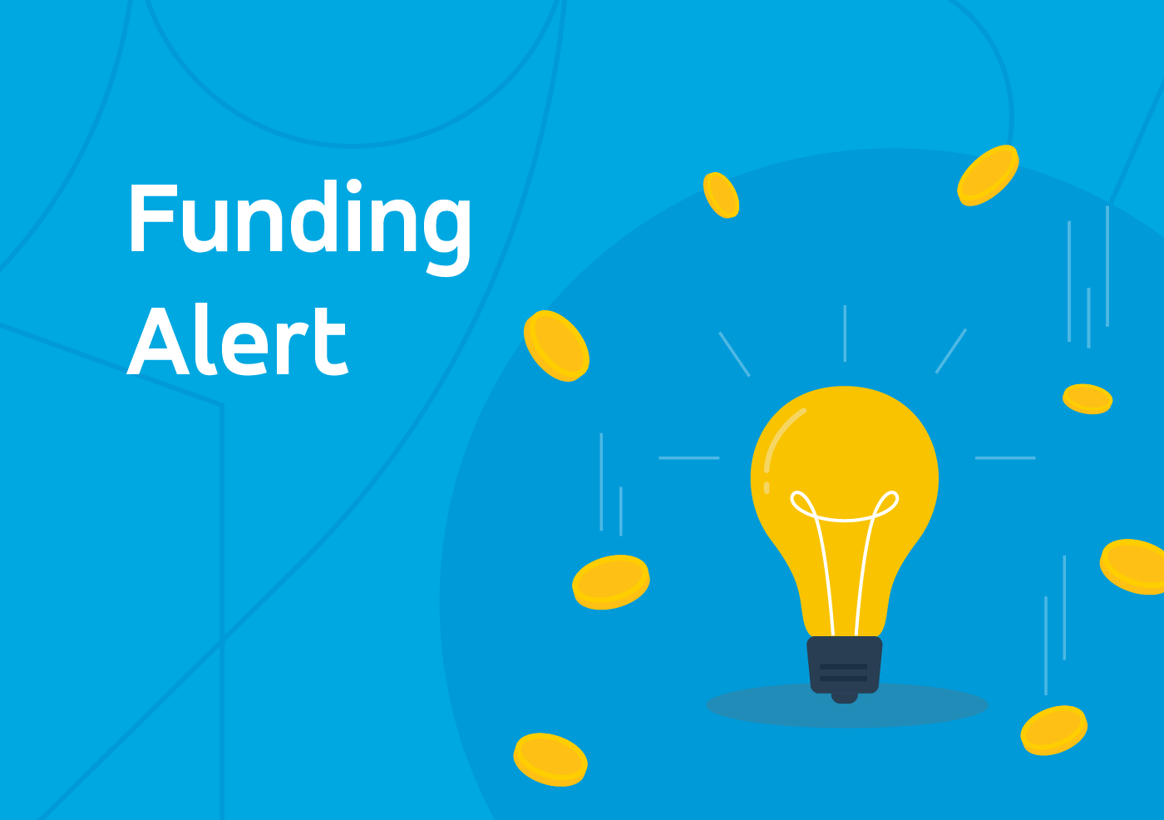Although these programs are separate, CARB has combined them into a joint Request for Applications (RFA). Applications will go through a two-phase process, with only winners of the preliminary “Concept Phase” eligible to apply for the second “Full Phase”. The concept phase application is a shorter preliminary application outlining the scope of the project, while the full phase application is more detailed.
Applications to all programs must involve partnership between a single lead applicant, sub-applicants, and community partners. Eligible lead applicants are local and tribal governments, community-based organizations, and public schools. A broad array of organizations are eligible as sub-applicants, including but not limited to consultants and mobility providers, non-profit organizations and institutions of higher education. Community partners can be any key stakeholders involved in decision-making and project development, rather than implementation, and must have a formal agreement with the lead applicant.
Program Details
Planning
Eligible projects include planning and capacity building projects which advance transportation equity and clean transportation, including clean transportation plans, outreach and community development, and workforce training and development. Our Remix planning software can help plan streets and transit projects (including on-demand services), as well as help rapidly visualize the impact of transportation projects for community feedback. The maximum award for Planning grants is $500,000, and CARB anticipates awarding between six and 15 grants in total. Planning grants will cover a wide range of costs associated with the project, including software licenses and data access, community outreach costs, and costs of vehicles and equipment for demonstration or outreach purposes.
STEP and CMIS
A wide variety of projects are eligible for these programs, including zero-emission microtransit, micromobility, active transportation projects such as bicycle and pedestrian paths, zero-emission fixed-route service expansions and station improvements, and fare subsidies or vouchers. Via’s microtransit services, deployed with zero-emission vehicles, are a great fit for STEP applicants looking for general-purpose clean mobility for their community.
Eligible projects for CMIS include all STEP projects plus school-related vehicles and equipment, such as zero emission school buses and landscaping equipment and school bus dispatch and tracking systems. Both Via’s school bus tracking software and microtransit for schools services are eligible for CMIS funds. While CARB encourages applicants to request any amount, no matter how small, the agency anticipates awarding between two and four grants in total for STEP and CMIS, meaning anticipated awards between $7m and $15m.
STEP and CMIS both cover a wide range of eligible costs, including capital costs such as vehicle and infrastructure purchase and installation; operating costs such as labor, maintenance, and fuel; and community outreach and engagement activities.
Both STEP and CMIS applications must include at least two projects from these categories, and CMIS applications must use at least 50% of funds on school-specific projects. To illustrate:
- A CMIS application might include both zero-emission school buses and a zero-emission microtransit service for students not served well by traditional school buses..
- A STEP application might combine improved bike and pedestrian trails with a general-purpose microtransit.
Planning projects can be included in both STEP and CMIS applications, but may not comprise more than 50% of the total project cost. Projects must not increase vehicle miles traveled (VMT) or greenhouse gas emissions (GHG), and vehicles leased or purchased with STEP or CMIS must be zero-emission vehicles.
How to apply
CARB will select projects in the concept phase based on a variety of factors: whether the proposed project clearly increases transportation equity and access; is tailored to a transportation need identified in a community engagement process; and has a well-defined partnership structure. In addition, applications from areas not covered by an MPO, first-time recipients, applications led by a tribal government or including at least two-community based organizations in their partnership structure, and applications where projects were identified through a prior STEP planning grant will receive bonuses. For more detailed information, please consult the RFA.
Applications for the concept phase of these grants are open through September 8, 2023. If you’re interested in working with us on a grant application, we’d love to chat! Please reach out to partnerships@ridewithvia.com.
See more alerts here and click the button below to receive our newsletter, with new funding alerts included every month.

.png?width=71&height=47&name=Sioux%20Falls%20Webinar%20(6).png)


